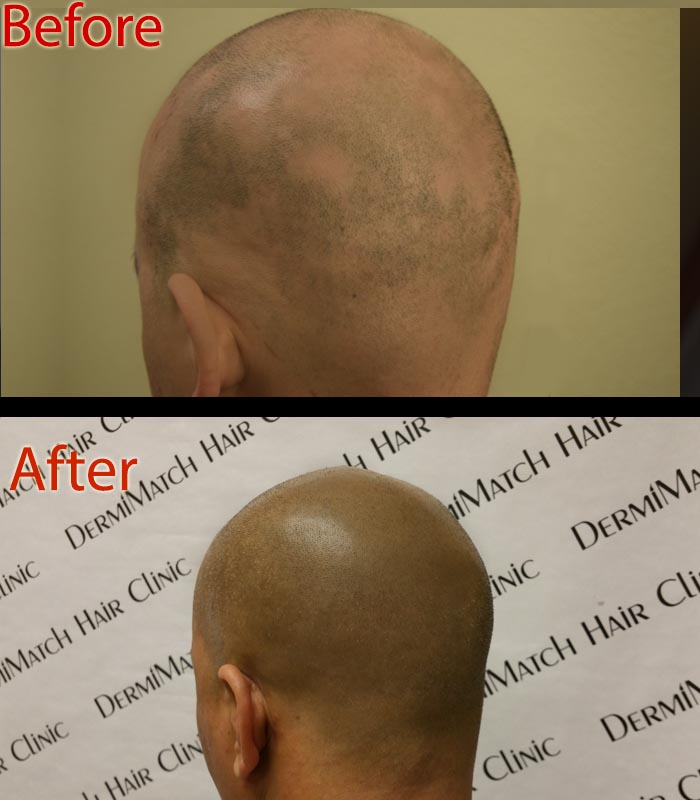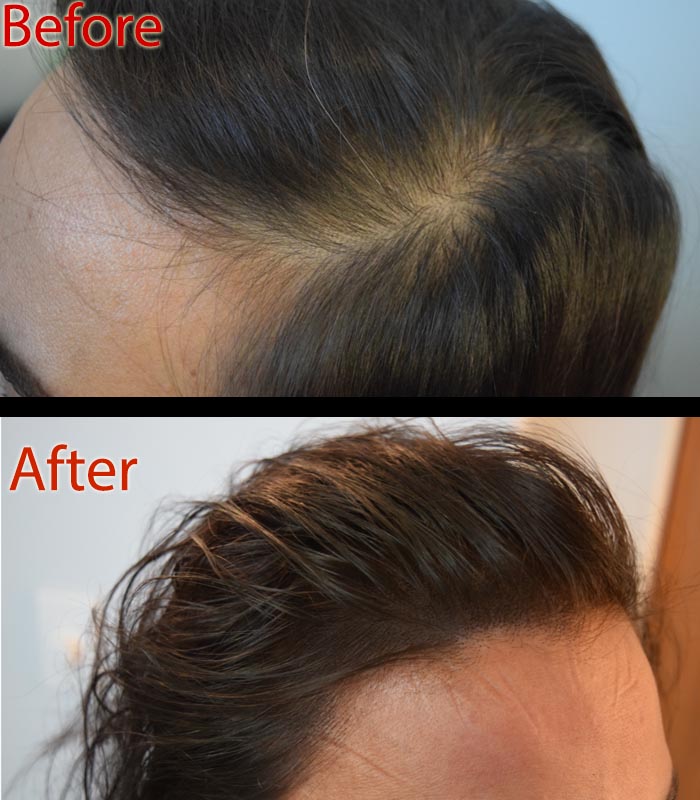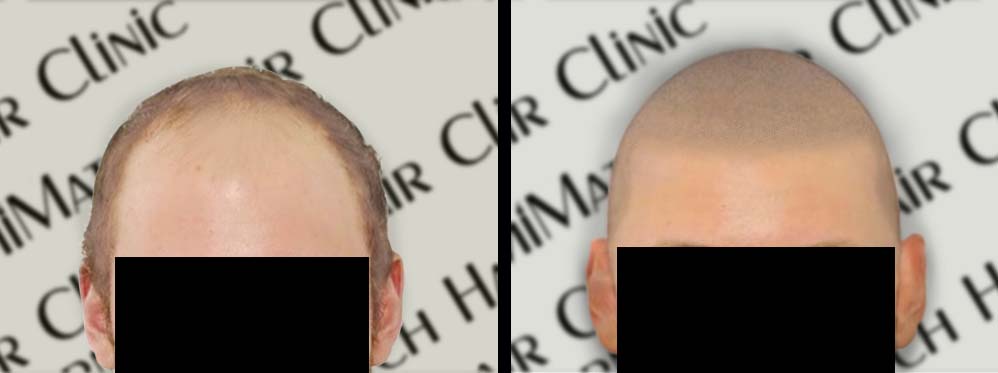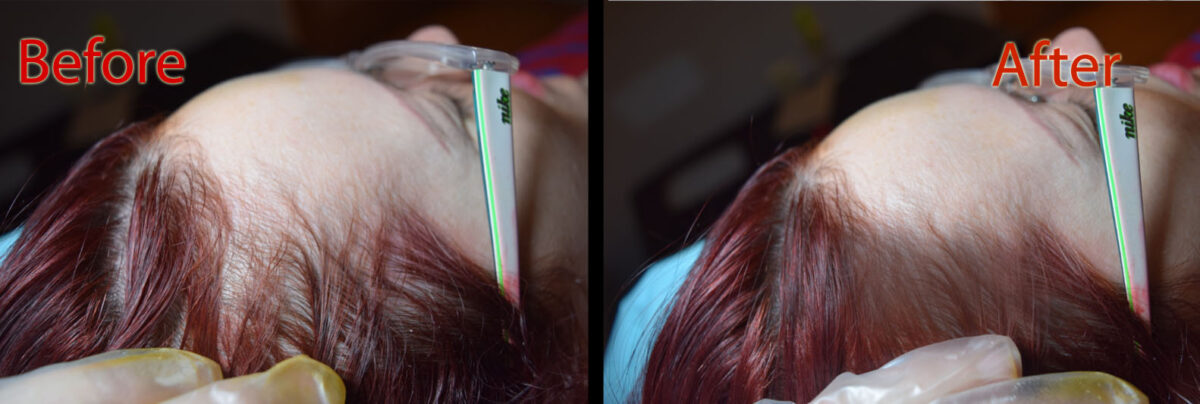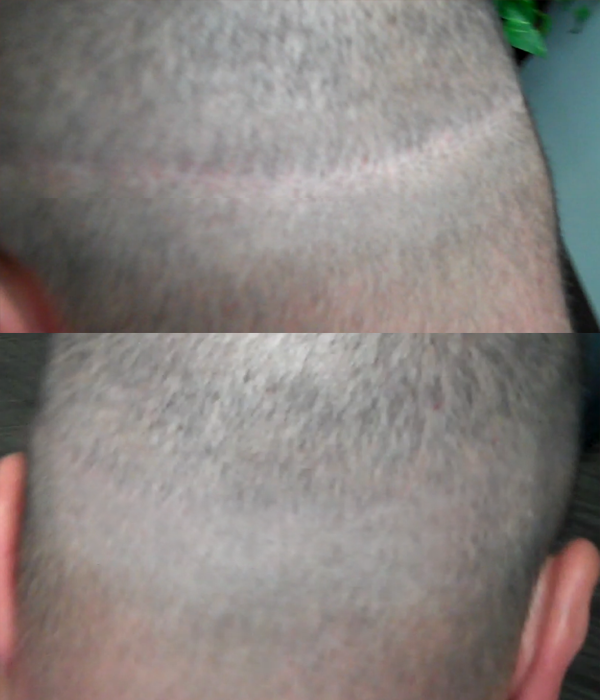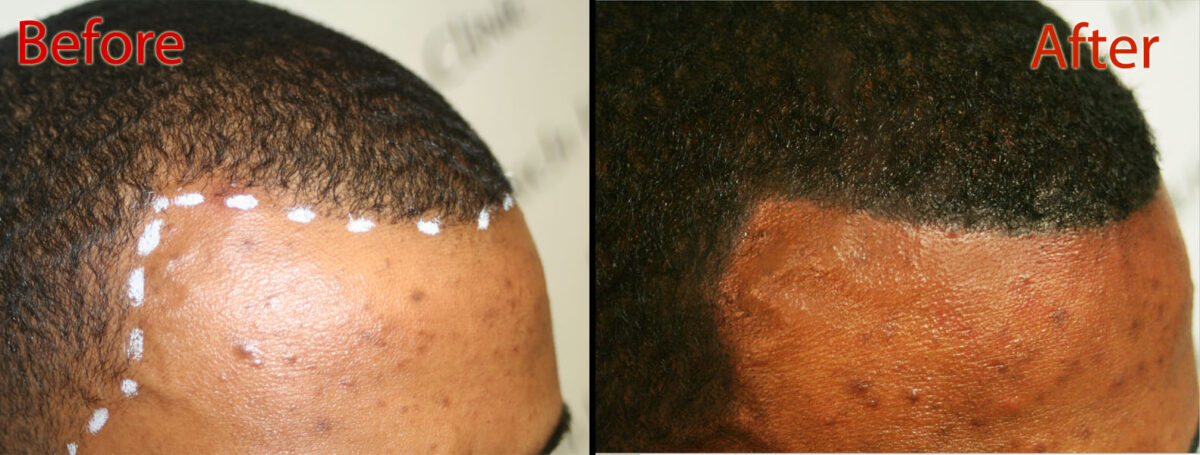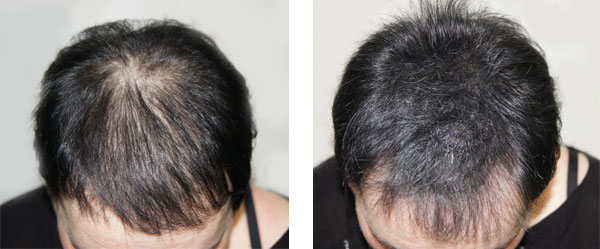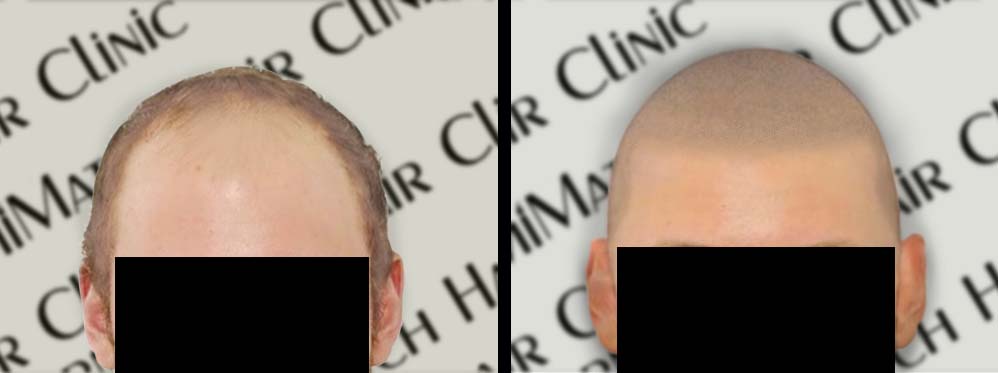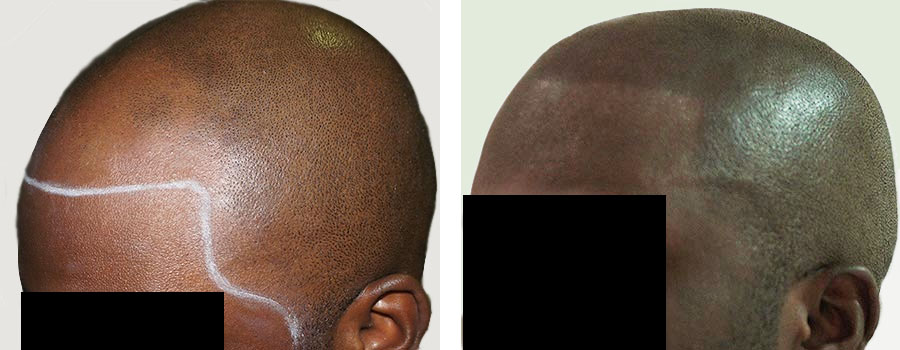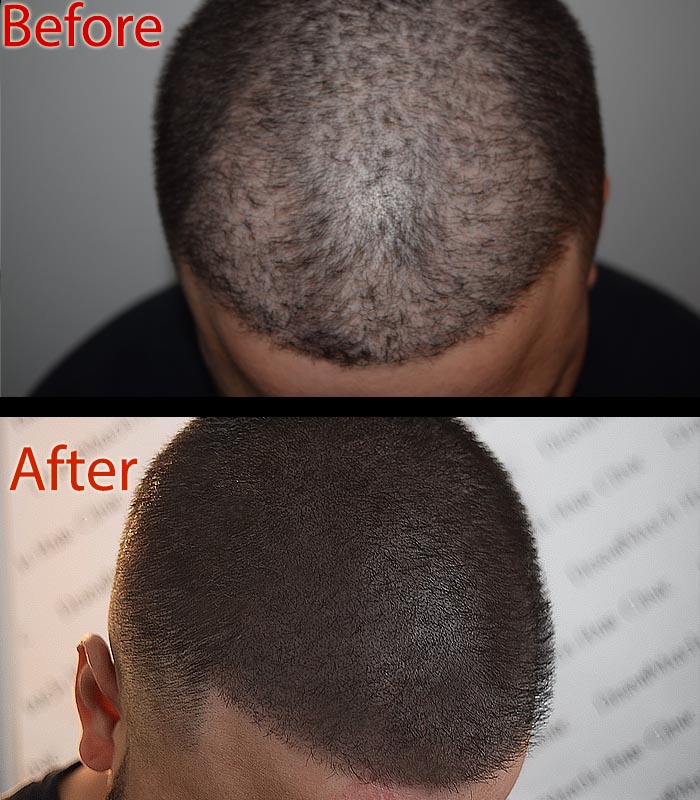Biotin, also known as vitamin B7, is often touted as a miracle supplement for hair growth, with claims that it can help you with your hair fall problems. While it plays a crucial role in the production of keratin, a protein essential for hair structure, the effectiveness of biotin for hair loss of all types remains questionable.
Evidence Supporting Biotin for Hair Growth
Research indicates that biotin supplementation may benefit those with a confirmed deficiency, leading to improved hair health and reduced shedding.
However, for healthy individuals without a deficiency, the evidence supporting biotin’s ability to promote hair growth is limited. This is especially true for individuals with certain deficiencies or those undergoing chemotherapy.
Some studies claim that biotin can help prevent hair fall rather than directly stimulate new growth.
Limitations of Biotin for Hair Loss as a Standalone Solution
A systematic review found that while biotin supplementation improved hair health in individuals with underlying deficiencies, there is insufficient evidence to suggest that it promotes hair growth in otherwise healthy individuals.
Various factors contribute to hair loss, including genetics, hormonal imbalances, stress levels, and nutritional deficiencies. Therefore, relying solely on biotin may not address the root causes of hair loss for many people.
Clinical Insights on Biotin and Hair Loss
In clinical settings, dermatologists often recommend biotin for patients experiencing alopecia or other conditions linked to low biotin levels. A study indicated that 38% of women with complaints of hair shedding had low biotin levels; however, these cases often involved other underlying health issues that needed to be addressed.
This suggests that while biotin can play a supportive role in hair health, it is not a standalone solution for everyone facing hair loss.
Besides, the body requires consistent intake of biotin over time to see any potential benefits. Users are often advised to take biotin supplements for several months to see noticeable results. This prolonged timeline may not align with the urgent needs of individuals seeking immediate solutions to their hair loss concerns.
The Need for Comprehensive Solutions
In conclusion, while biotin can be beneficial for those with a deficiency and may help prevent further hair loss in some cases, it is not a comprehensive solution for all types of hair loss issues. Individuals experiencing significant thinning or baldness should consider exploring additional treatments or interventions.
For those seeking immediate and effective solutions to hair loss, scalp micropigmentation could be worth trying as a compelling alternative. This non-invasive procedure involves making dots using micro needles on the scalp to mimic the appearance of natural hair follicles, creating the impression of buzzed hair.
Unlike supplements like biotin that may take time to show results or may not work for everyone, scalp micropigmentation offers instant transformation and can significantly boost confidence for individuals struggling with visible hair loss.
It is particularly appealing for those looking for a low-maintenance option without the need for invasive or expensive treatments that may or may not work for hair loss.
Where to Go for SMP?
Well, when considering scalp micropigmentation, it is essential to seek out skilled and experienced Arizona SMP practitioners to achieve the most realistic results. The artistry and precision required for this procedure demand a deep understanding of scalp anatomy and pigmentation techniques.
Inexperienced hands or tattoo artists lacking specialized training may not deliver the desired outcome, which can lead to unsatisfactory results. Working with certified SMP professionals, who have a proven track record in scalp micropigmentation in Arizona, is the best way forward.
Your investment in this transformative procedure deserves the expertise that only qualified practitioners can provide. Schedule a consultation with top scalp artists in Arizona at DermiMatch Clinic.

